Swill Mavua
The Rivers State political crisis, which had been simmering for some time, recently saw a significant development with the brokering of a truce by President Bola Tinubu between Governor Siminalayi Fubara and his predecessor, Nyesom Wike. This essay attempts to explore the genesis of the crisis, reasons behind it, the unconstitutional state of emergency, implications of the truce, and the possibility of Fubara decamping to the APC.
The crisis in Rivers State is traceable to the power struggle between Governor Fubara and his predecessor, Nyesom Wike, who is now the Minister of the Federal Capital Territory. The two are members of the Peoples Democratic Party (PDP), but their relationship has been strained, particularly, with Wike jumping ship to work with the Tinubu’s APC federal administration. The tussle is alleged to be over Wike’s financial demands as godfather to Fubara, and issues of control and influence within the state.
Several factors contributed to the escalation of the crisis
- Power Struggle: The struggle for control and influence within the PDP in Rivers State, with Wike and Fubara representing different factions.
- Political Differences: Disagreements over policy direction and governance style also fueled the crisis.
- 2027 Election: The looming 2027 elections and the desire to control the state’s political machinery for future electoral gains.
The crisis led to a situation that could be described as an imposition of an “unconstitutional state of emergency” by President Bola Tinubu, an interested party and supporter of Wike in the crisis, which was characterized by
- Legislative Impasse: A deadlock in the state legislature, with some lawmakers loyal to Wike and others to Fubara, leading to a dysfunctional assembly.
- Executive Challenges: Governor Fubara faced challenges in implementing his policies and programs due to the political instability.
- Rule of Law: Concerns about the rule of law and the potential for illegal actions to resolve political disputes.
The impasse and subsequent imposition of the state of emergency saw the suspension of all the democratic institutions in the state and the appointment of a sole administrator in the person of Vice-Admiral Ibok-Ete Ekwe Ibas – a former chief of naval staff – on March 18, 2025. The emergency rule caused serious outrage with a cross section of Nigerians accusing the president of abuse of power, and giving unnecessary political victory to Wike over Fubara.
Perhaps the outrage may have forced the president to now broker peace between the two parties pursuant to lifting of the emergency rule. The truce brokered by President Tinubu has several implications
- Political Stability: The truce could lead to a return of political stability in Rivers State, allowing for the resumption of normal governance.
- PDP Unity: It may help to heal the rift within the PDP in Rivers State, but with negative implications, as both Fubara and Wike along with their supporters may decamp to APC, thereby potentially weakening PDP’s position.
- Future Elections: The truce could have implications for future elections, particularly the 2027 elections, by potentially altering the political landscape.
There has been speculation about Governor Fubara decamping to the All Progressives Congress (APC)
- Political Realignment: Fubara might consider decamping if he feels that his interests and ambitions are better served by the APC. More so, with the APC posturing of a conquersidor in the Nigerian political terrain.
- Wike’s Influence: However, Wike’s influence within the PDP and his role in the truce might affect Fubara’s decision.
- 2027 Elections: The 2027 elections could be a factor in Fubara’s decision, as aligning with the APC might offer different opportunities.
The desperation for the control of Rivers State, particularly with an eye on the 2027 elections, is driven by:
- Political Power: Control of the state would provide significant political power and influence.
- Economic Benefits: Rivers State is economically important due to its oil resources, making control of the state highly valuable.
- Electoral Advantage: Control could provide an advantage in future elections, both at the state and federal levels.
The truce brokered by President Tinubu in Rivers State is, therefore, a significant development that could have far-reaching implications for the state’s political landscape. While it aims to bring stability and unity, the underlying issues and future electoral ambitions will continue to shape the political dynamics in the state.


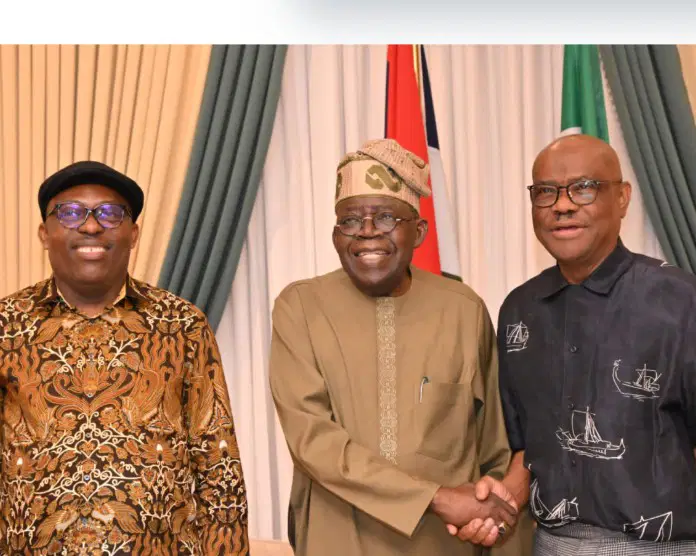
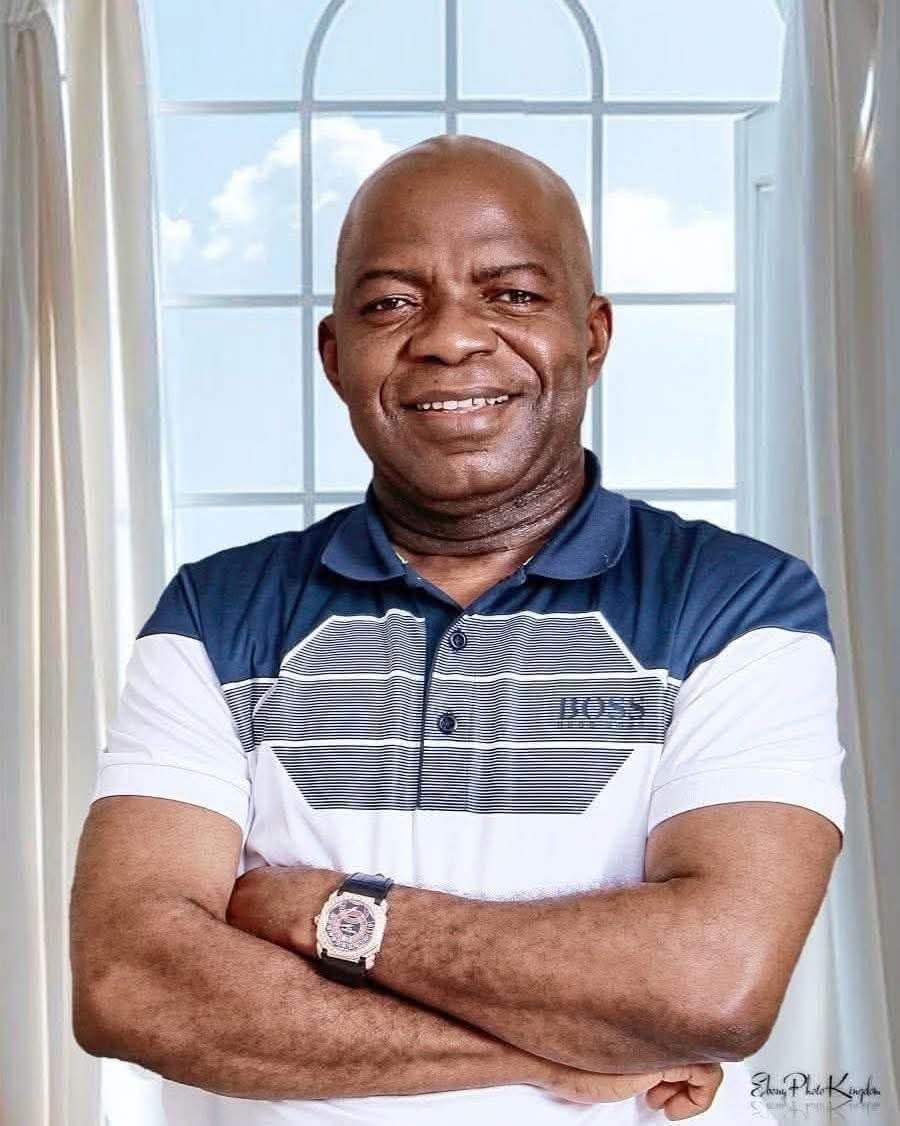
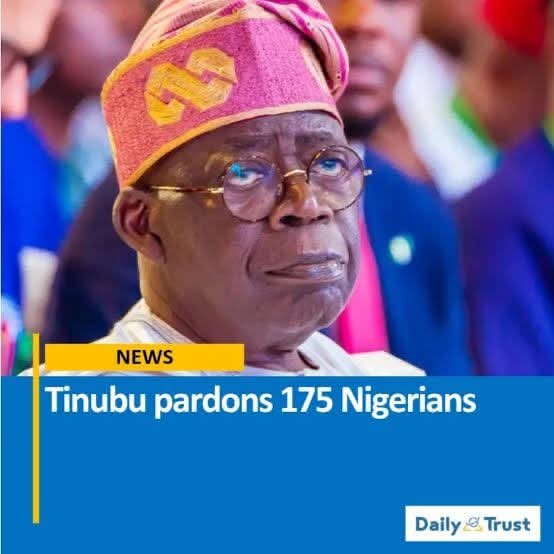
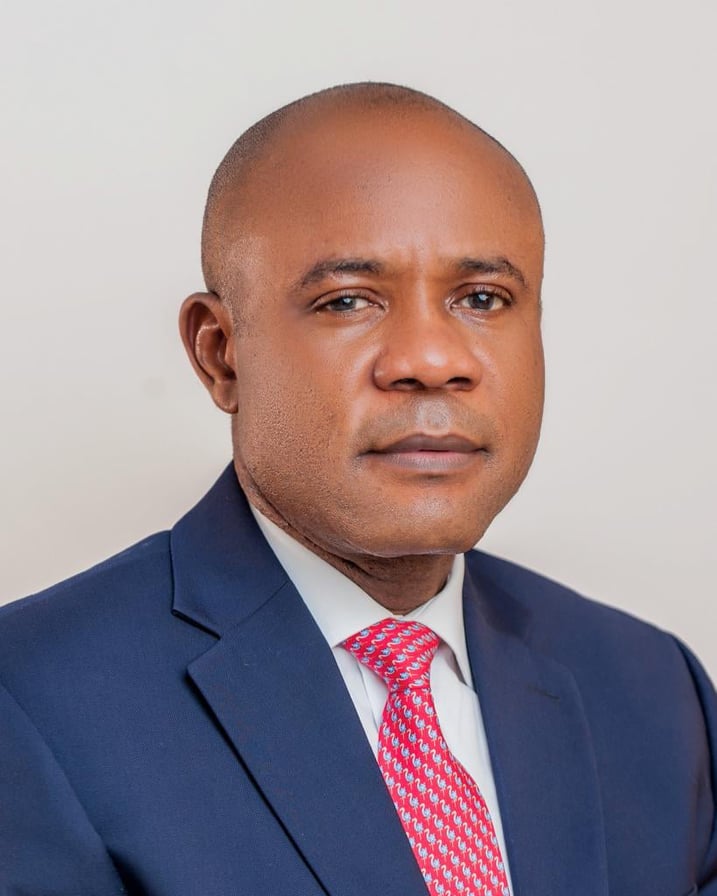
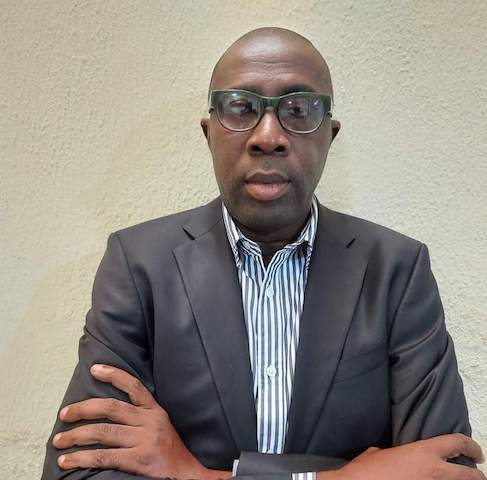

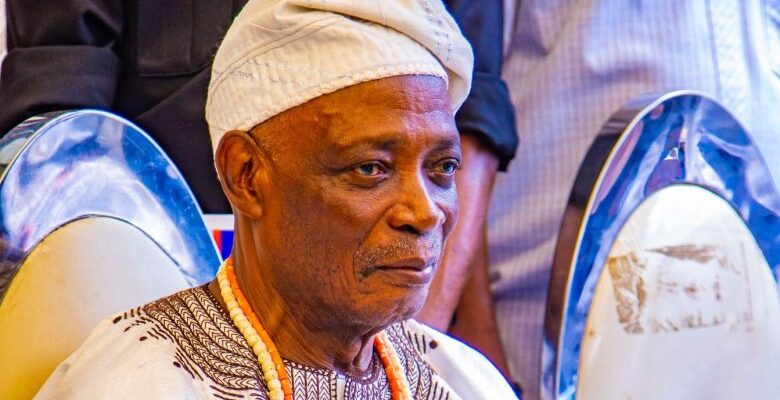



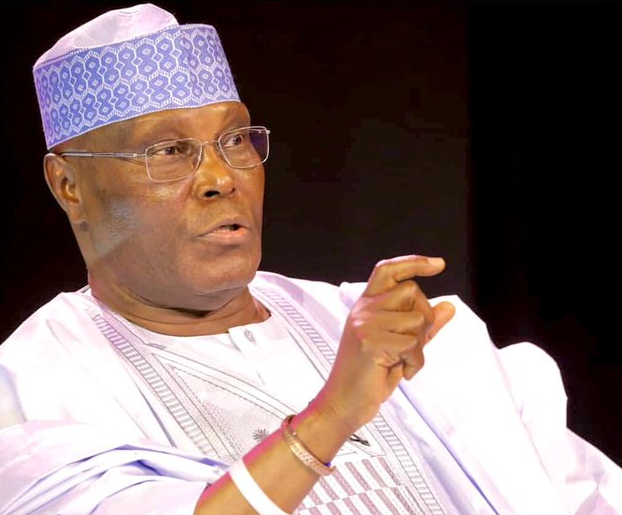
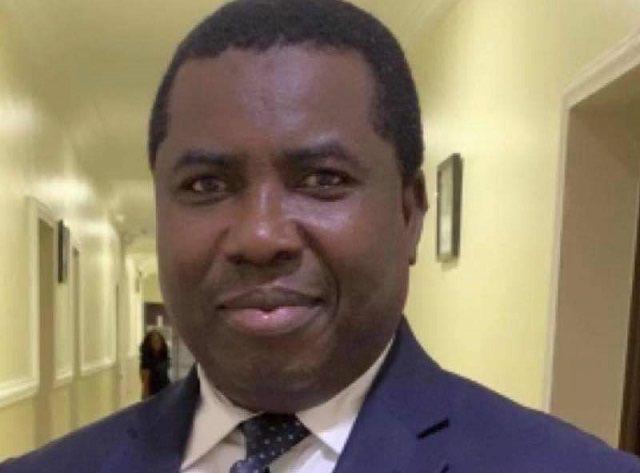
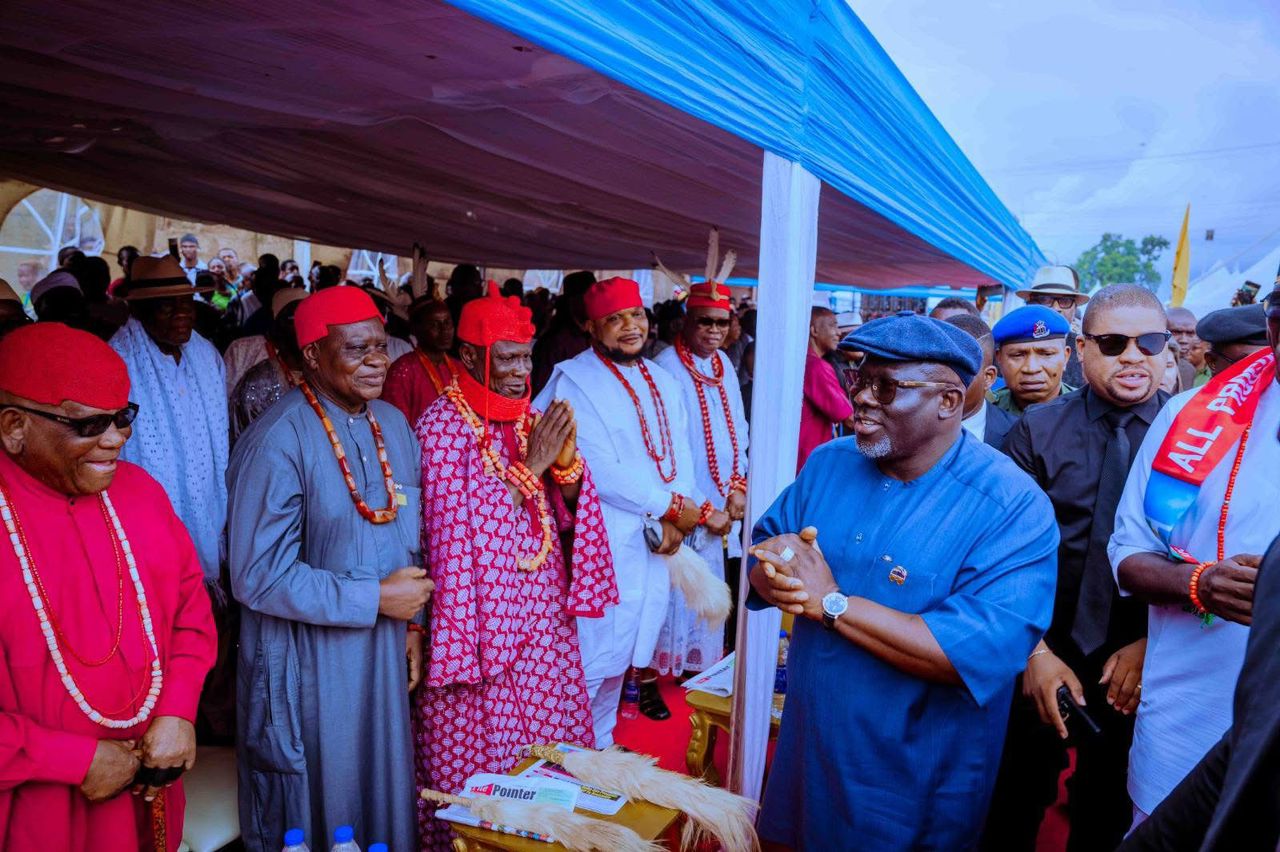
Leave a Reply